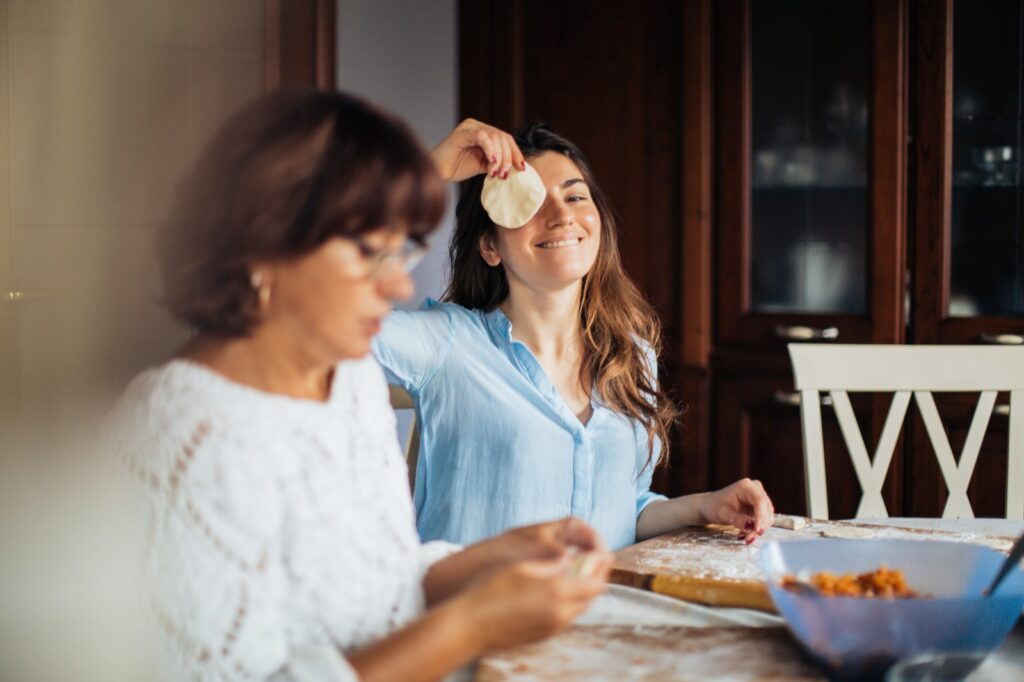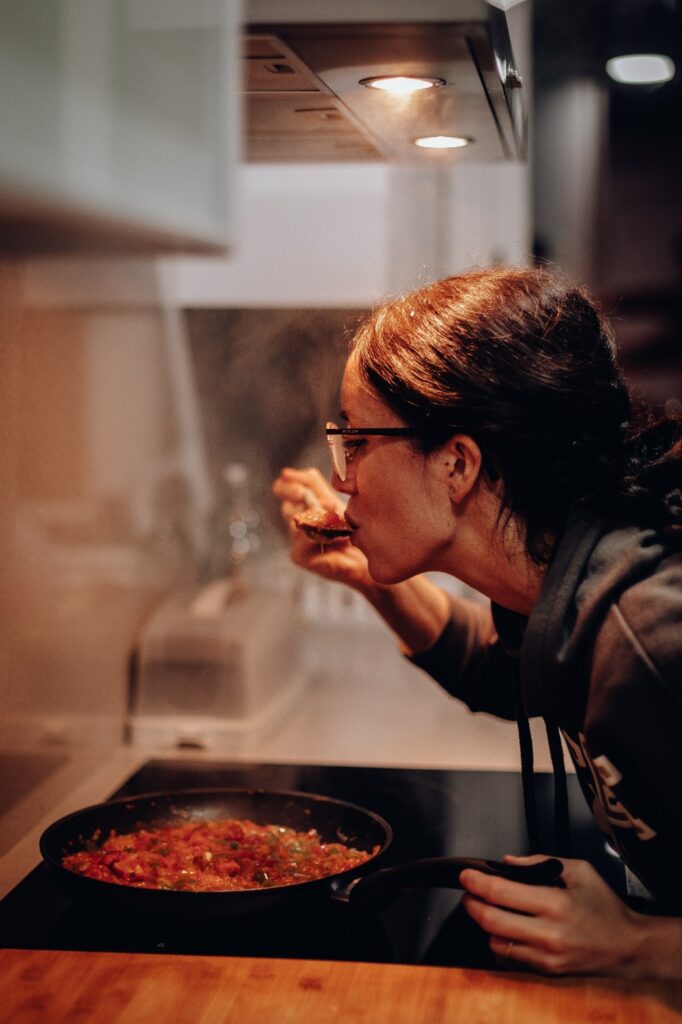The last few months have been exceptionally strange for all of us. For many, the closure of businesses and the outflow of students going back to their home countries make Maastricht feel empty. However, for my housemate Tristan and I, living in a beautiful street at the edge of the center, it has meant rediscovering Maastricht in a different light. We are both students at Zuyd Hogeschool and Maastricht University and share a love for the beautiful city in which we reside. Right at the beginning of the lock-down we decided to self-quarantine and our only contact was with our neighbors one garden over and the letter box.
We have always felt a connection with our neighbors. With the man across the street who would always be on the phone at the window saying “hi”, or the peek-a-boo grandmother who liked to observe the street’s on-goings. We enjoyed the sporadic company of our neighbors next door, who, if we ever held a birthday party, would give us a bottle of wine and question our definition of noise – “That’s what you call being noisy!?”. Whenever we smell puro we know James is home. We love even the dance choreographer across the street who sometimes unwittingly gives us a sneak preview of his work. Our street is a funky street that has been our home for 3 and 4 years.

We knew there were others in a similar situation of isolation, lacking spontaneous socialization. We also believe this situation to be exceptional and worth recording as oral history for future generations. Both of us are international students, who are seeing their lives in Maastricht disrupted by having to go back home or losing the backbone that classroom life is. And we realized we would like to take a piece of this community with us. Something physical, something we can hold dear for the years to come. This brought about the idea of The window sessions: a social analysis series, with accounts of people’s experiences during self-isolation and one-take pictures, giving us and other students a piece of the community to treasure.
The first interview we conducted was right across the street. Our neighbors Ine, Sara and Francisco were eating cake on a clip-on bench that they had acquired, but that they have had no time to use before quarantine. One of the questions we asked was What were small sources of happiness in your daily life during lock-down? Ine described how she enjoyed having her daughter back in the house, both getting to work and relax together. Sara and Francisco had met through dance class and were now having distance tea time. Francisco missed the social life at his workplace most. He misses being the one to transmit a sentiment of living in the moment in a realex manner: he could just walk into a room and everyone would know to take things easy and enjoy the day.
Another of our interviews starred Cata and Lidde, two friends who started a series on Instagram called The Quarantine Kitchen Chronicles. They outdid themselves in the kitchen, choosing a theme every week and meal planning dinners based on it. Some of the themes they did were: Post Apocalyptic Dinners, Royal Week, The Sopranos or Wrapped Food. This activity not only brought some innovative fun to daily life, a distraction perhaps, but also brought the people in their house together. Check out their social media here for some inspiration.

The interviews were highly spontaneous, both Tristan and I enjoy semi-structured interviewing. However, what all of our interviewees seemed to agree on was how corona had slowed down their lives. In a positive way. Bad things aside, people were now taking the time to process and listen to their bodies and minds. Enjoying a cup of coffee. Having a conversation with the people around them. Enjoying the company of people in the house. And, thinking up new ways of bringing culture to people’s lives in a social distanced manner. For example, another one of our interviewees, Joost, is travelling around Netherlands in a van for 10 days. He goes around with a colleague doing dance performances for different towns.
For Tristan and me, thinking up the questions and holding conversations with people we would have otherwise not met, have made our lock-down experience a pleasant and enlightening one. We would walk by the boathouses and wonder, who is a stranger in Maastricht you will always remember? Perhaps we will walk by your house next, set down our pillows and invite you to a cup of tea. A conversation with a stranger is a great way to put things into perspective and enjoy the now.
